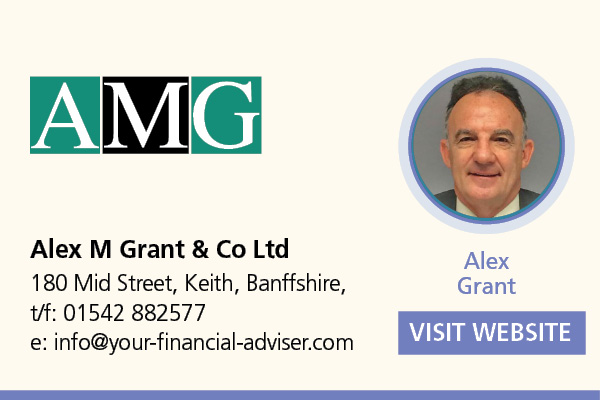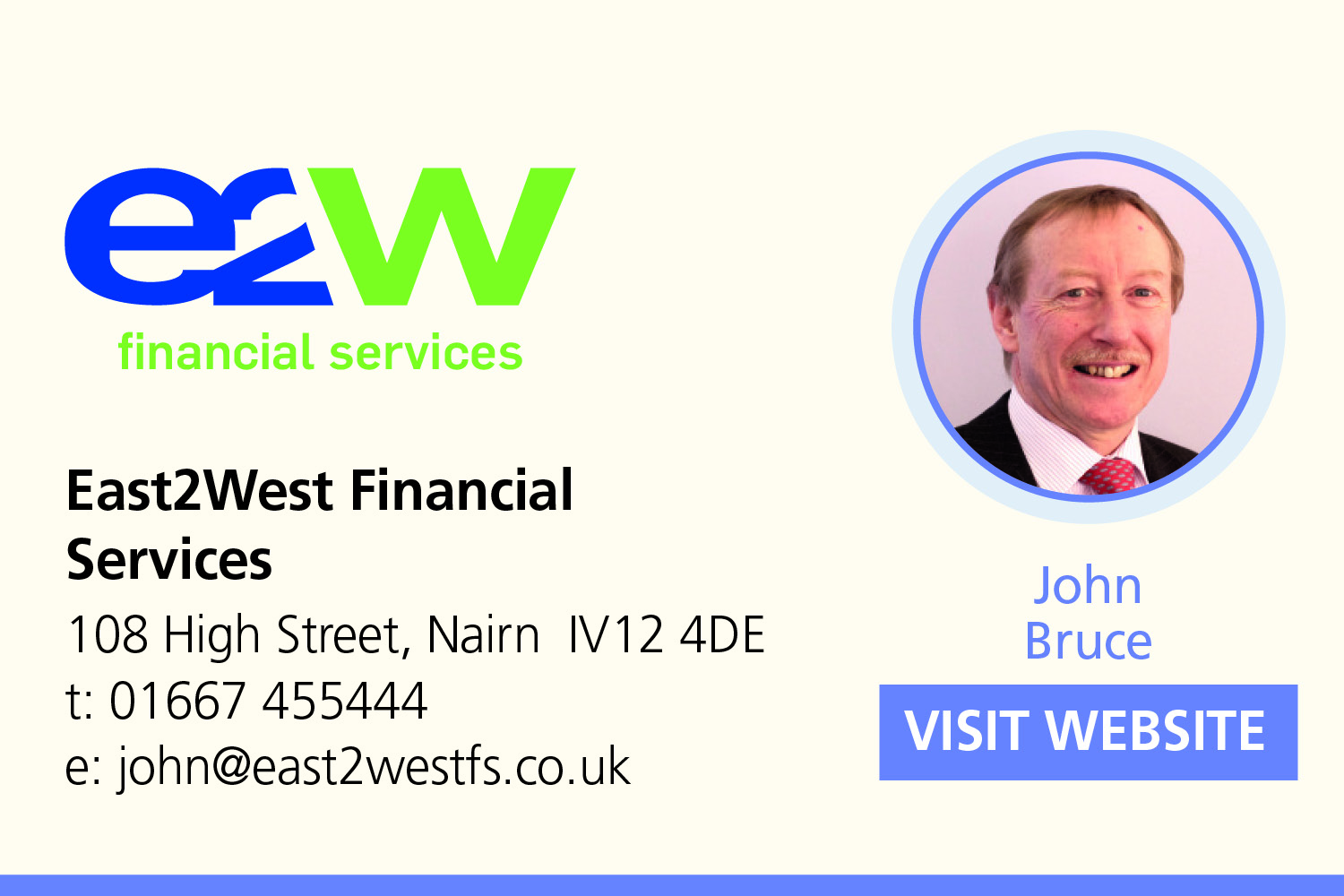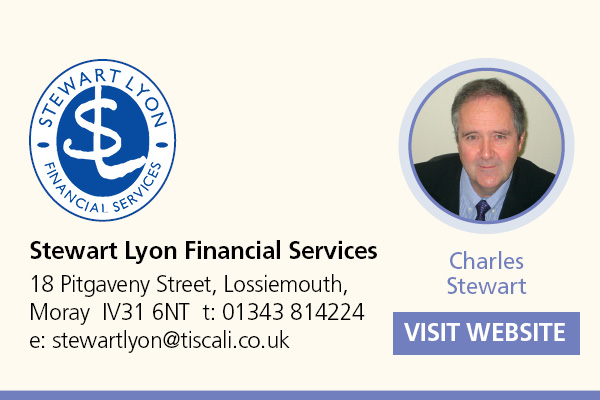INDEPENDENT FINANCIAL ADVICE ON MONEY MATTERS AROUND THE HIGHLANDS, ISLANDS & MORAY
 When we save for the medium or long-term, we need to decide which product or “tax wrapper” to invest into.
When we save for the medium or long-term, we need to decide which product or “tax wrapper” to invest into.
The normal route would be to favour tax advantaged investments which will result in less tax and a better return. I have listed these below, but a recommendation will be dependent on your circumstances.
1. Personal Pensions are tax advantaged investment wrappers which incentivise an investor to save for their retirement. For most people this will be the prime way to save for their retirement (from age 55). There are contribution limits as well as a limit on the size of the pot that can be accumulated without penalty.
2. Individual Savings Accounts allow you to save in a flexible tax efficient way as all income and gains are tax free. They are normally the first non-pension investment recommended. They have a contribution limit but no ceiling on the amount accumulated.
3. OEICs and General Investment Accounts are often called unwrapped investments as there is no tax within the fund, with the investor being liable to income tax on the income received by the fund and capital gains tax on gains generated when investments are sold. While they are not tax advantaged, they may be considered tax neutral and you can use the annual capital gains tax exemption to reduce or eliminate tax on gains. It should also be noted that capital gains tax is 10% for basic rate taxpayers and 20% thereafter which is attractive when compared to income tax.
4. Investment bonds (onshore or offshore) are tax deferred investments where the tax paid will not be known until either partial or full encashment is made. They are both subject to income tax on both income and gains. We see many clients with investment bonds which have grown over many years but also have a large tax bill on encashment which the investor is unaware of. Speak to a good Independent Financial Adviser to minimise the tax due.
Each tax wrapper you have will have its own features, benefits, funds and costs so it is wise to have these reviewed regularly.
Reasons to get advice include:
- Improve the retirement flexibility and death benefits of your existing pensions & perhaps consolidate multiple old schemes.
- Reduce the tax burden thereby improving your investment return.
- Reduce the ongoing costs – especially where a Discretionary Fund Manager is currently used.
- Move from historic with profits investments or funds now closed to new investors.
- Reduce your investment risk as you near or enter retirement.
- Simplifying your investments and pensions to aid planning and reduce paperwork.
- Get a plan – understand what you can and cannot afford in retirement!
Get Expert Help
James Sinclair FPFS is a Chartered Financial Planner at Achieve Financial Planning Ltd, which is authorised and regulated by the Financial Conduct Authority.
visit Achieve Financial Planning Ltd website for more information.
DID YOU KNOW?
 WHEN MIGHT YOU RECEIVE A TAX REBATE?
WHEN MIGHT YOU RECEIVE A TAX REBATE?
Overpaying tax can happen for a number of reasons, whether you’re employed, selfemployed, or retired. You might have paid too much tax, for example:
- if you started a new job and have been taxed under an emergency code
- if your employer or pension provider used the wrong tax code
- if you only had a job for part of the tax year
- if you have more than one job at the same time
- if your circumstances changed, such as going from full-time to part-time work, or your self-employed income changed
- if you have more than one occupational pension and your personal allowances have not been allocated properly.
Avoiding tax rebate scams A number of criminals take advantage of this time
of the year to send fraudulent messages that claim to offer a tax refund.
The Revenue will only inform you about tax refunds via an email notification to log into your online HMRC account (and will never send links or ask for personal details in an email), by post or through your employer, so be cautious about any other messages you receive.
David McConachie APFS is a Chartered Financial Planner at Campbell & McConachie, which is authorised and regulated by the Financial Conduct Authority.
visit Campbell & McConachie’s website for more information.
Next month’s topic is on Investment Platforms
Your Local to Highlands, Islands and Moray Contributors – Click to visit their website.







